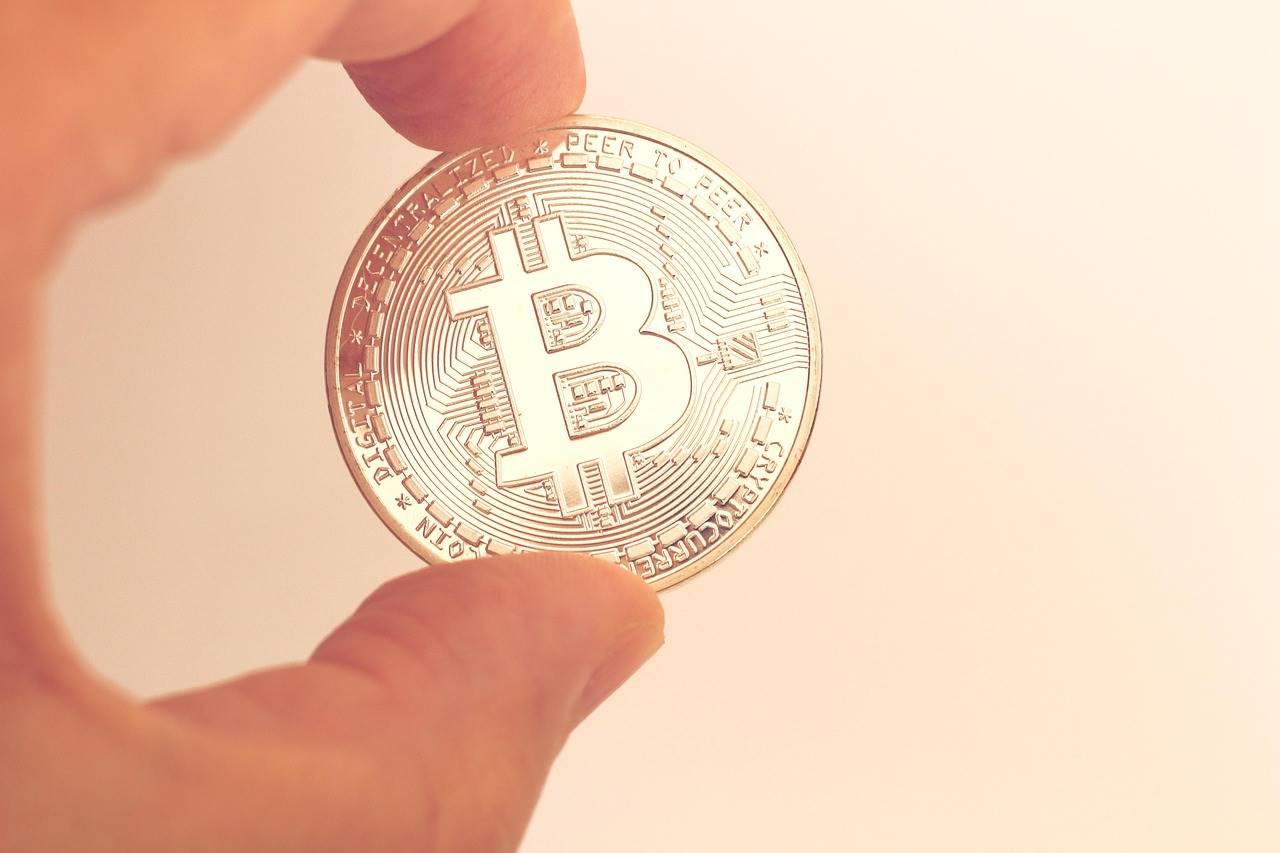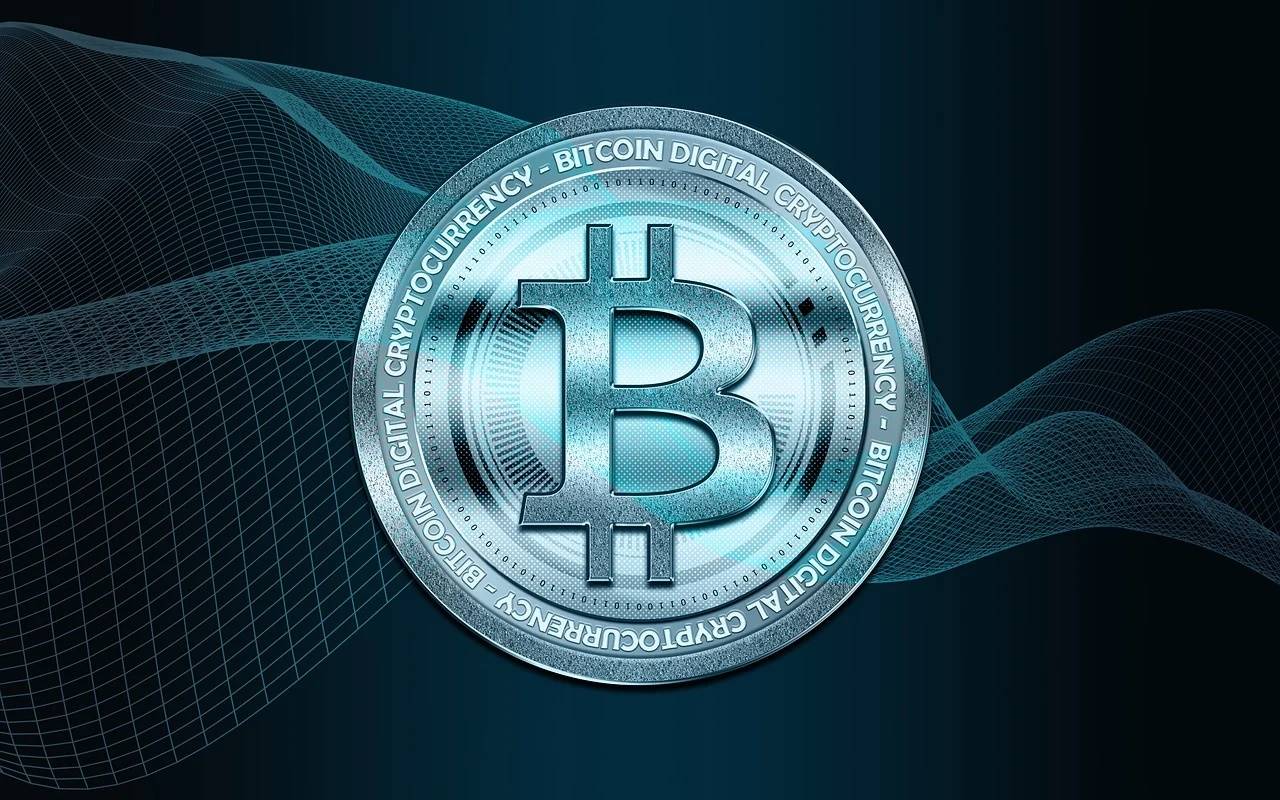Currently, it is difficult for the judicial disposal of virtual currencies to be uniformly handled by a certain department or agency of the state, as some people predict or hope, because there are significant issues regarding financial ownership and judicial jurisdiction behind it.
Written by: Liu Zhengyao
I. The Necessity of Judicial Disposal of Virtual Currencies
From the perspective of judicial authorities, there are two common types of judicial disposal of virtual currencies involved in criminal cases: first, before a court judgment, public security and judicial authorities dispose of the seized virtual currencies; second, after a criminal case has been adjudicated, public security authorities dispose of the virtual currencies involved. Both disposal models have corresponding legal bases, which will not be repeated here.
Let’s focus on why there is a need for judicial disposal of virtual currencies.
Before 2021, the regulatory policies for virtual currencies in mainland China were gradually tightening. On September 15, 2021, ten ministries and commissions jointly issued the "Notice on Further Preventing and Disposing of Risks Related to Virtual Currency Trading and Speculation" (referred to as the "9.24 Notice"), which essentially established China's stance on virtual currencies from September 2021 to the present. This includes:
- Virtual currencies such as Bitcoin, Ethereum, and Tether are not legal tender and should not and cannot circulate as currency in the market;
- Domestic entities are strictly prohibited from engaging in the exchange of virtual currencies and legal tender, cryptocurrency trading, and providing pricing and information services for virtual currency trading;
- Foreign virtual currency exchanges are strictly prohibited from providing any services within China.
As a result, contradictions have emerged. The property involved in criminal cases related to virtual currencies is represented by various types of virtual currencies and is also seized as evidence. For future cases that require confiscation of involved property (such as pyramid scheme crimes, illegal gambling crimes, illegal business operations, etc.), based on the aforementioned "9.24 Notice," courts cannot rule that the involved virtual currencies be confiscated for state treasury; they must be disposed of and converted into legal tender.
However, China strictly prohibits anyone from engaging in the exchange of virtual currencies and legal tender, creating an irreconcilable contradiction between the need to convert virtual currencies into legal tender in judicial activities and the reality of prohibiting such exchanges in mainland China. This contradiction determines that all compliant judicial disposal of virtual currencies in China must be conducted overseas.

II. Common Disposal Models Currently
Based on my experience in practice and discussions with different disposal companies, I have summarized the current disposal models as follows:
Domestic + Overseas Joint Disposal Model. This is currently the most common disposal model, where a domestic disposal company signs a commission contract with judicial authorities or suspects, and then entrusts an overseas disposal entity to carry out the actual disposal. The overseas disposal entity must comply with local laws, regulations, and regulatory requirements, and possess financial qualifications for the exchange (trading) of virtual currencies and legal tender. The overseas entity then transfers the legal tender obtained from the disposal to the domestic disposal company's account, which ultimately converts the proceeds into legal tender and transfers them to the judicial authority's account or a non-tax revenue account.
Disposal in Free Trade Zones between Domestic and Overseas. Currently, some companies in China have registered in free trade zones jointly developed by China and foreign countries, as the trade zones apply the laws of both countries, circumventing the disadvantages of China's prohibition on virtual currency trading. The final disposal must be conducted through an auction, where judicial authorities with disposal needs sign contracts with disposal companies and must bring the virtual currencies to the company's registered location (i.e., within the trade zone) for the actual auction, with the highest bidder winning. The disposal company then transfers the auction proceeds back to the domestic market through bank conversion.
Disposal through Overseas Banks. Another disposal model involves direct cooperation with overseas banks that have qualifications for the exchange of virtual currencies and legal tender. The bank converts the virtual currencies into legal tender and then transfers the legal tender to the domestic market.
Recovery and Disposal of Virtual Currencies by Overseas Issuers. In 2023, the Shandong Provincial Department of Finance issued a document (the "Notice on the Work Regulations for the Disposal of Confiscated Items in Shandong Province (Trial)" Lu Cai Shui [2023] No. 18), which stipulates that law enforcement agencies can negotiate with virtual currency issuers for the disposal of confiscated virtual currencies, allowing the issuer to recover them at a price not lower than 80% of the virtual currency's value. This has led to a practical model where some disposal companies can negotiate with Tether to recover the involved USDT and pay the disposal company no less than 80% of the recovered virtual currency's value in legal tender, which the disposal company then converts into domestic currency.
III. Exploration of Compliant Disposal Models
Since 2020 (or even earlier), the judicial disposal of virtual currencies has gone through three stages: Disposal 1.0, Disposal 2.0, and Disposal 3.0. Of course, these three periods are based on the first model mentioned above. The second, third, and fourth models do not show significant signs of iteration.
In the Disposal 1.0 period, domestic disposal companies directly purchased virtual currencies from judicial authorities using RMB. According to the "9.24 Notice," this is essentially an illegal financial activity; in the Disposal 2.0 period, domestic proxy disposal companies began to emerge, with actual disposal activities occurring overseas, but not necessarily in a legal and compliant manner (for example, overseas also has prohibitions on virtual currency trading; or selling virtual currencies to overseas individuals, which cannot undergo anti-money laundering and anti-terrorist financing checks). Additionally, the funds converted from disposal are generally disguised as goods trade, service trade, or capital items when being converted back to the domestic market, which does not comply with the true background of the conversion and violates relevant regulations of the foreign exchange administration; in the Disposal 3.0 era, the aforementioned issues have largely been resolved, but some details still need optimization, such as how to determine the benchmark price for virtual currency transactions, the absence of legal opinions from domestic + overseas law firms, the lack of on-chain transaction appendices for overseas virtual currency trading, and monitoring mechanisms to prevent the involved virtual currencies from flowing back into the domestic market.
In summary, regarding the current compliant disposal model, we tend to favor the domestic + overseas joint disposal model, while also needing to improve compliance in areas such as currency conversion, overseas trading compliance, legal compliance, and blockchain technology compliance. Liu will discuss these details in future articles or videos.

IV. Final Thoughts
Currently, it is difficult for the judicial disposal of virtual currencies to be uniformly handled by a certain department or agency of the state, as some people predict or hope, because there are significant issues regarding financial ownership and judicial jurisdiction behind it. Even at the municipal level, cases may not necessarily need to be reported to the provincial department, or even if the provincial department or ministries are aware, it is difficult to directly take over local cases. These realities cannot be resolved or explained by any law or legal literature; for us, they exceed the scope of what lawyers can control or influence. What we can do is to serve our clients well, ensuring that every disposal operation is legal, compliant, safe, efficient, and free of aftereffects.
免责声明:本文章仅代表作者个人观点,不代表本平台的立场和观点。本文章仅供信息分享,不构成对任何人的任何投资建议。用户与作者之间的任何争议,与本平台无关。如网页中刊载的文章或图片涉及侵权,请提供相关的权利证明和身份证明发送邮件到support@aicoin.com,本平台相关工作人员将会进行核查。




